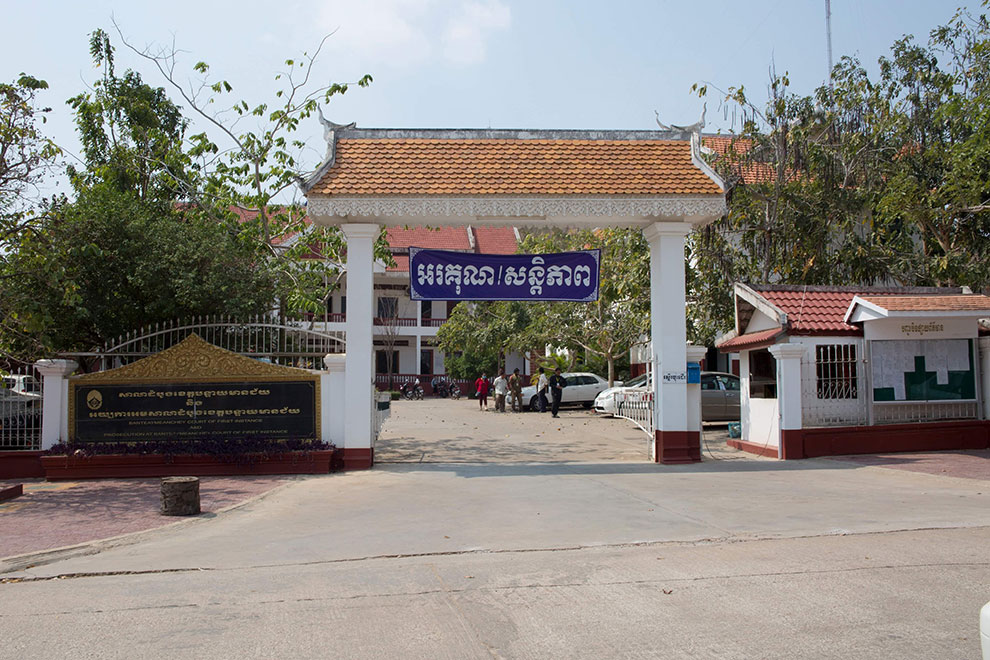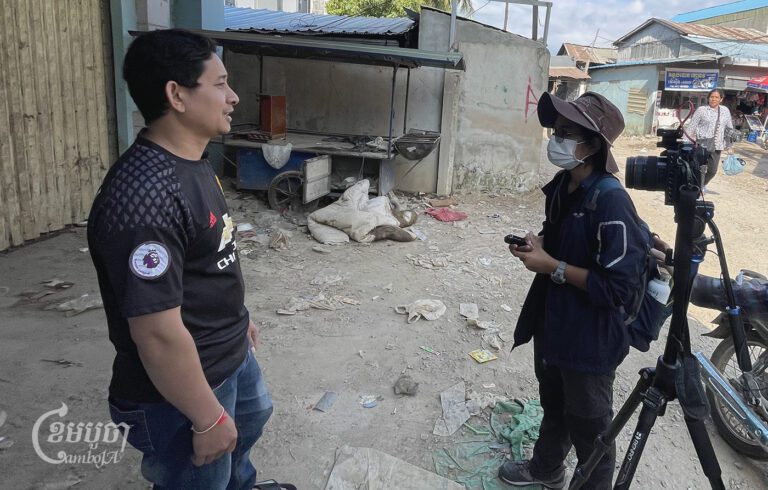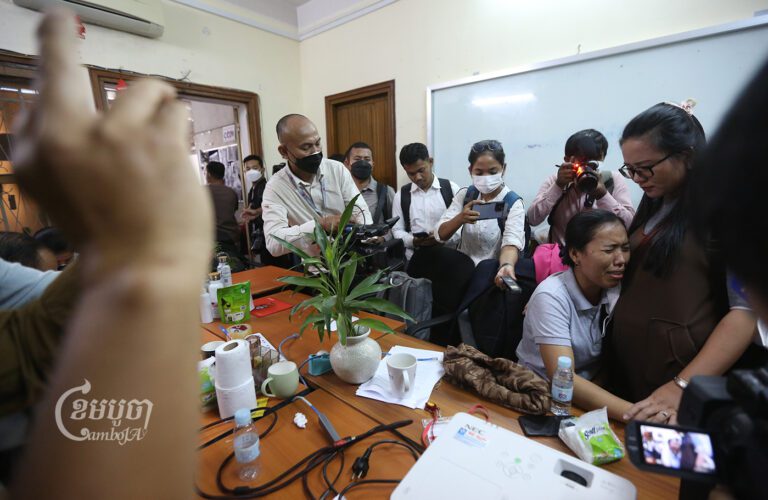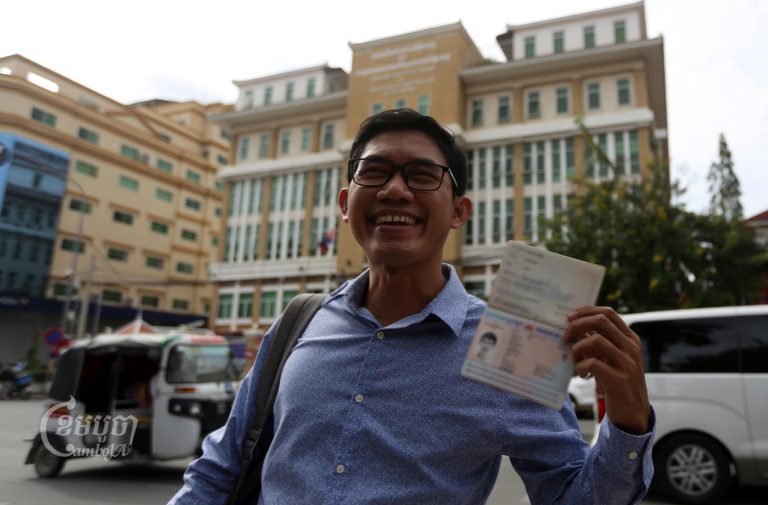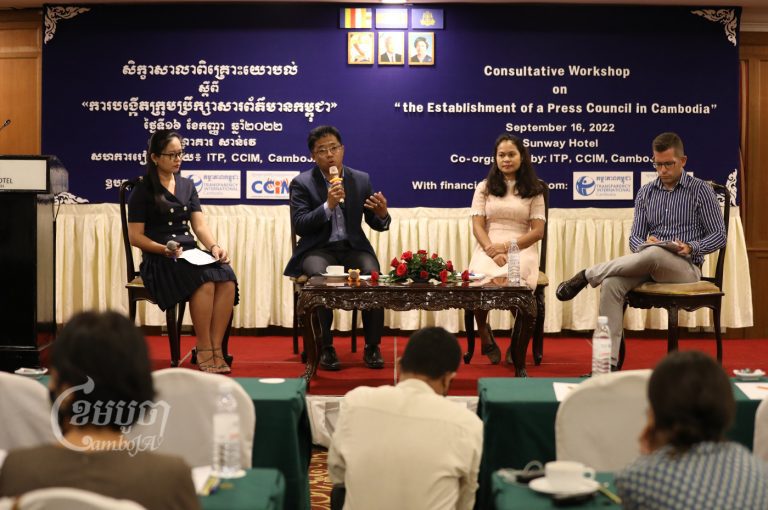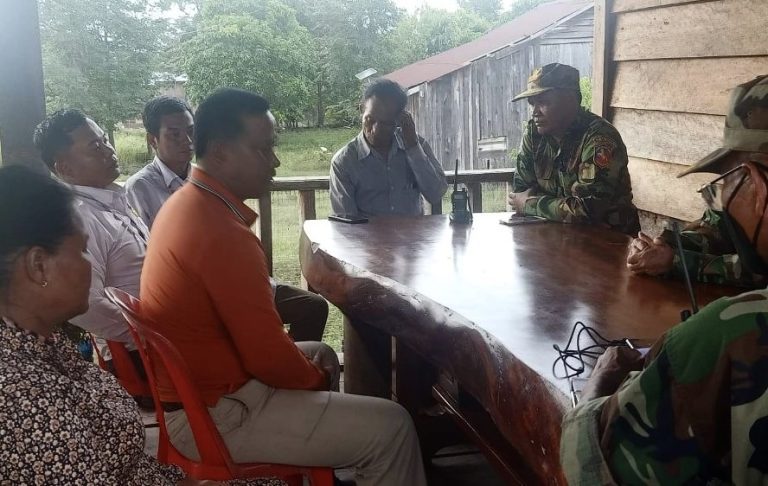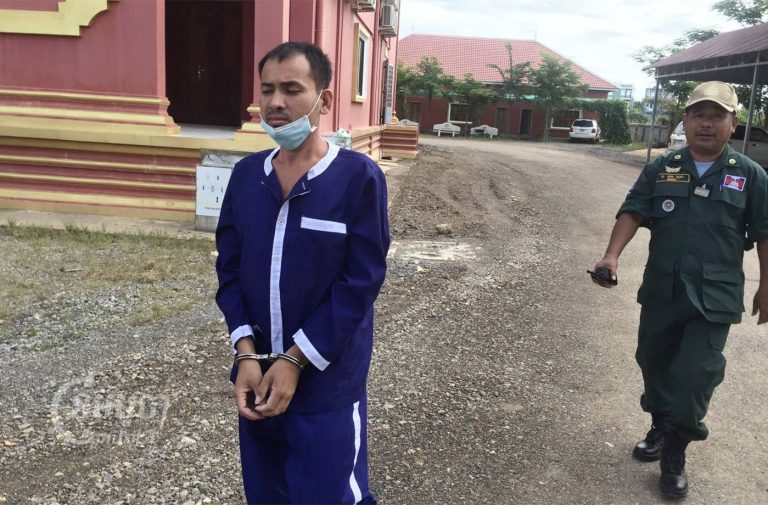The Banteay Meanchey Provincial Court has summoned two journalists for questioning, apparently in relation to a land dispute between tycoon Lach Bunlim and local residents in Poipet city.
Teav Sam Ol, publisher of website Thgaithmy, said he wrote about the dispute on Dec. 21, and was questioned by the Poipet police chief five days later, he said.
He received a court summons on March 5, but he has requested a delay in the questioning until he can find a lawyer, Sam Ol said.
He said he had simply written what the residents had told him, and that he would have made corrections if the information was shown to be incorrect.
“For me, the act of making a [court] complainant threatens our journalists’ spirit, to prevent journalists from playing the role as a mirror to reflect society,” Sam Ol said, asking that the case be handled under the Press Law rather than the Criminal Code.
Ly Meng Huy, who runs website Khmer Machaska, said he was also summoned for questioning, even though he had not reported about the land dispute, only writing about Sam Ol being questioned by police on Dec. 26.
Court deputy prosecutor Kong Samsareth said the summonses were simply to collect evidence from both sides.
“When there is a complaint, I need to summon all relevant parties to question them and see whether they have any evidence,” Samsareth said, declining to comment further as the case was under investigation.
Poipet police chief Thin Sideth declined to comment, referring questions to the court. Tycoon Lach Bunlim could not be reached.
Phos Sovann, the Information Ministry’s director-general of information and broadcasting, said the ministry would look into the case and consider intervening.
Last month, the ministry announced that it would provide lawyers for journalists taken to court.
“We will go down to investigate this case,” Sovanna said.
Rights group Adhoc’s provincial coordinator, Soum Chankea, urged the courts to resolve complaints against journalists under the Press Law rather than the Criminal Code.
“When they do not use the Press Law, it threatens journalists,” Chankea said. “The government should open up a space for democracy, freedom of expression and freedom of journalists.”


